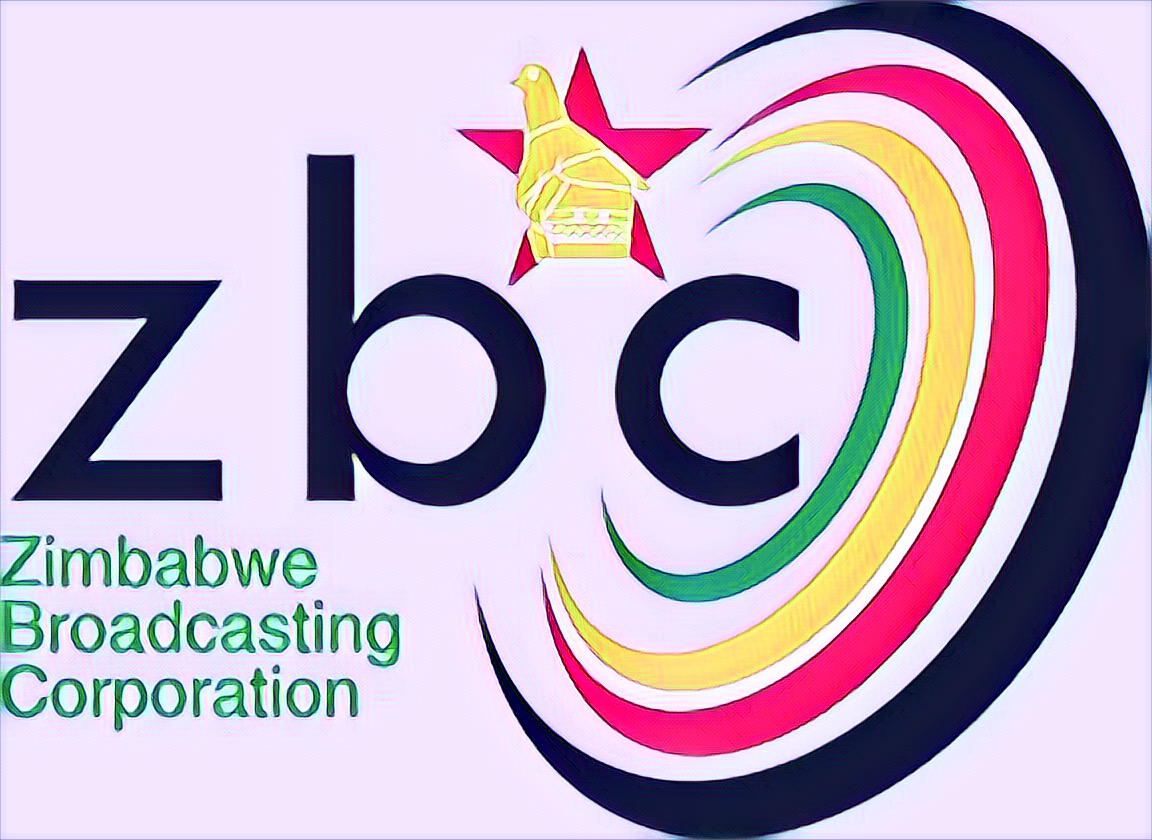The Zimbabwe Broadcasting Corporation (ZBC) has issued an apology for the inappropriate remarks made by its presenters on a morning show last week. The comments, which blamed King Lobengula for the colonial invasion of Zimbabwe, sparked outrage and criticism from the public and the government.
A Breach of Editorial Policy
The incident happened on Wednesday, January 3, 2023, on the program Good Morning Zimbabwe. The presenters, who were not named, suggested that King Lobengula, the last king of the Ndebele people, was responsible for the British occupation of the country in the late 19th century. They also implied that the Ndebele people were not indigenous to Zimbabwe and had oppressed the Shona people.
The Zimbabwean people widely condemned the remarks as tribalistic, divisive, and disrespectful to their history and dignity. The government, which has a policy of promoting national unity and social cohesion, denounced the ZBC for violating its editorial policy and the constitution.
In a statement, the ZBC said it was taking disciplinary action against the individuals involved and assured the nation that it upholds a comprehensive editorial policy that places national interests at the forefront of all content.
“The Zimbabwe Broadcasting Corporation (ZBC) extends its apologies to the people of Zimbabwe, and its audiences regarding the inappropriate remarks made by the presenters of Good Morning Zimbabwe on Wednesday, 3rd January 2023,” the statement read.
“The National Broadcaster places it on record that the said remarks do not represent the views of the ZBC. ZBC holds great respect for all the people of Zimbabwe, as well as the valorous history of our forefathers in defending their land, humanity, and dignity.”
A Call for Media Responsibility
The apology, however, did not appease some of the critics, who called for more accountability and professionalism from the state-owned media. Some civil society groups and opposition parties accused the ZBC of being biased and partisan and demanded reforms in the media sector.
The Zimbabwe Human Rights Association (ZimRights), a non-governmental organization, said the ZBC had failed to uphold its mandate as a public broadcaster and urged it to adhere to the principles of media ethics and diversity.
In a statement, ZimRights expressed deep concern over the tribal remarks made by ZBC presenters, which have the potential to incite hatred and violence among different ethnic groups in Zimbabwe.
“ZimRights calls on the ZBC to respect the constitutional rights of all Zimbabweans to access information that is accurate, fair, balanced, and impartial.”
The Media Institute of Southern Africa (MISA) Zimbabwe, a media advocacy group, also expressed its concern over the ZBC’s conduct and called for media literacy and education among the public and media practitioners.
“MISA Zimbabwe notes with dismay the tribalistic and inflammatory remarks made by ZBC presenters, which are not only unprofessional but also irresponsible and dangerous,” the group said.
“MISA Zimbabwe reminds the ZBC and all media practitioners of their duty to uphold the highest standards of journalism and to serve the public interest.”
The ZBC’s apology and the public outcry over the tribal remarks have highlighted the need for more media responsibility and sensitivity in Zimbabwe, a country that has experienced decades of political and social turmoil.
The media, as a powerful tool of communication and influence, has a vital role to play in fostering peace, dialogue, and development in the nation. The media also has a responsibility to respect and celebrate the diversity and richness of the Zimbabwean culture and heritage and to educate and inform the people about their history and identity.
The ZBC, as the national broadcaster, has a unique opportunity and obligation to set an example for the rest of the media industry and to contribute to the national vision of a united, prosperous, and democratic Zimbabwe.
As the country prepares for the 2023 elections, the ZBC and all media outlets should strive to uphold the principles of media freedom, professionalism, and ethics, and avoid any form of hate speech, propaganda, or misinformation that could undermine the credibility and integrity of the electoral process and the outcome.
By doing so, the ZBC can regain the trust and confidence of the public and the government, and become a true public broadcaster that serves the public good.
Source: The Herald


